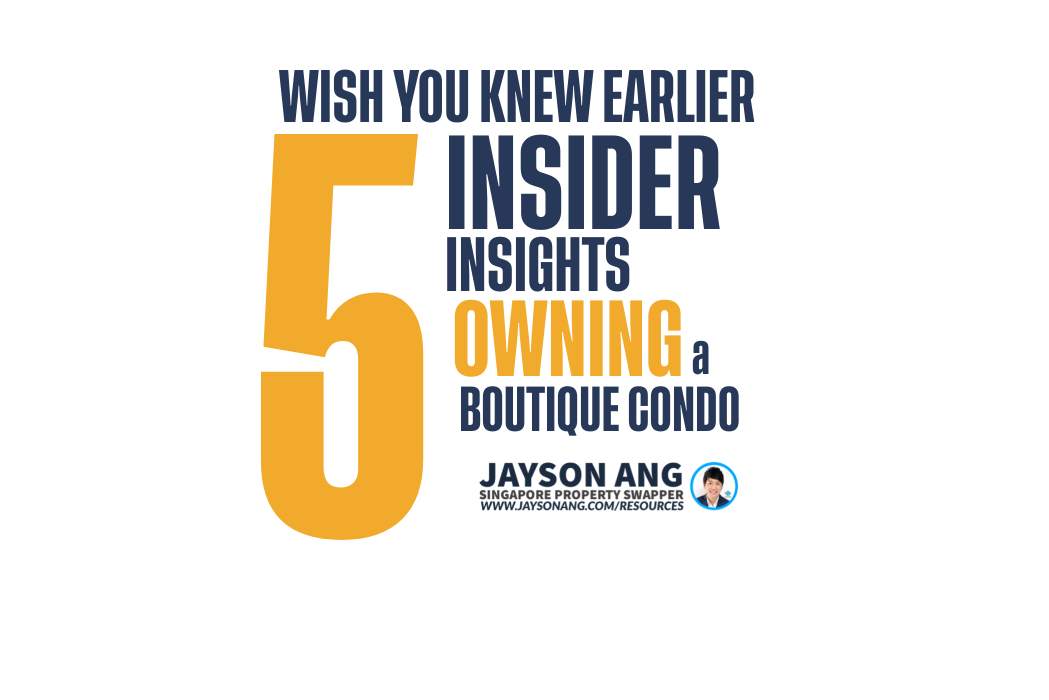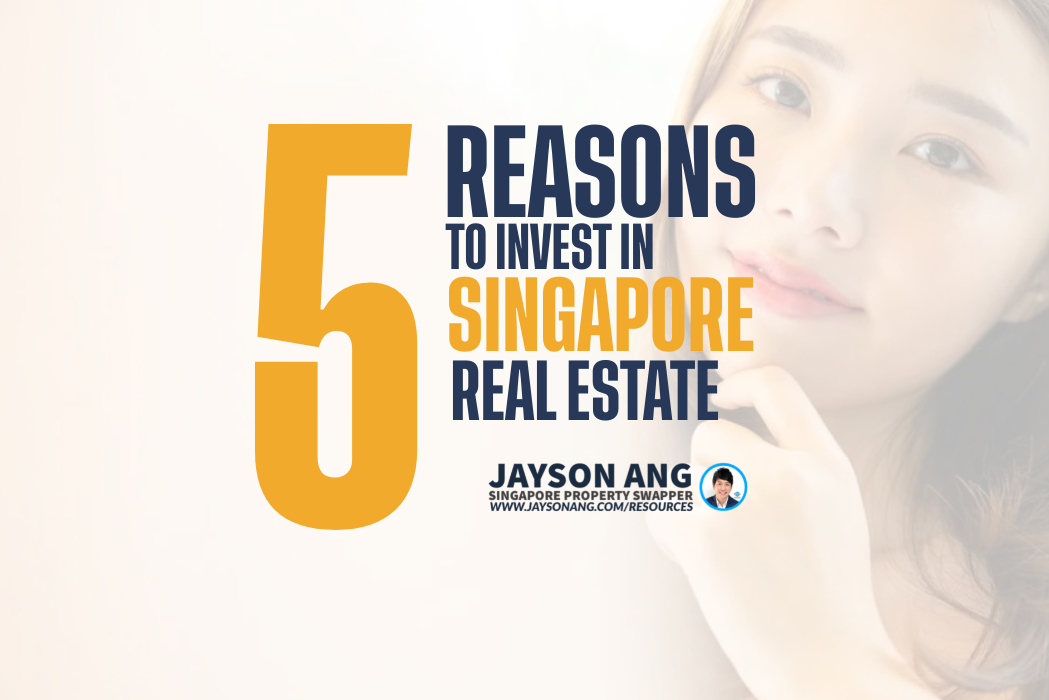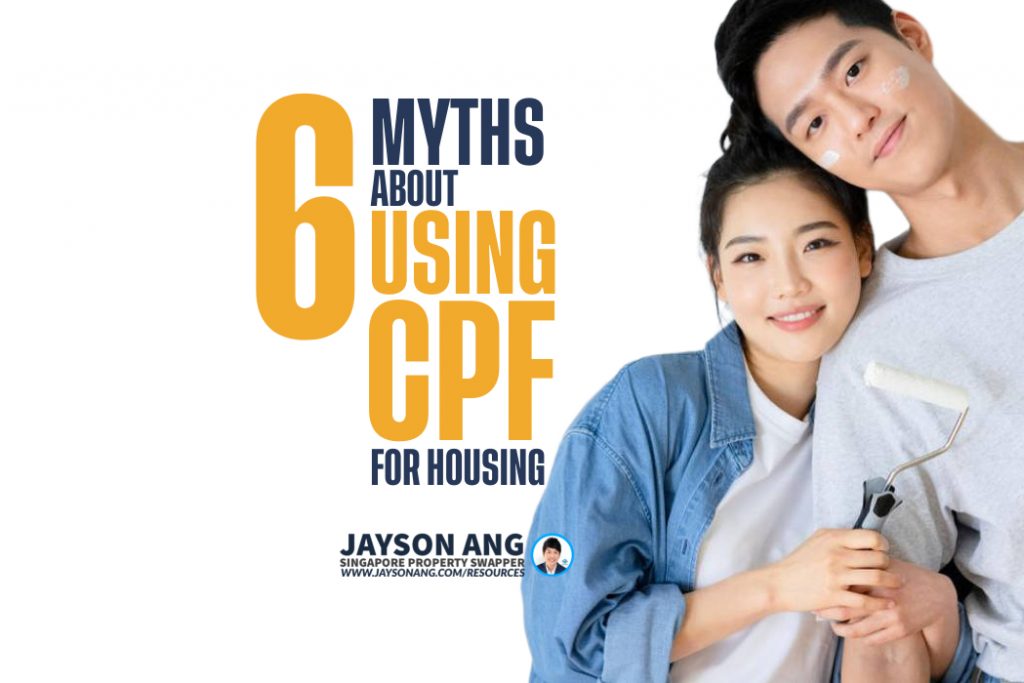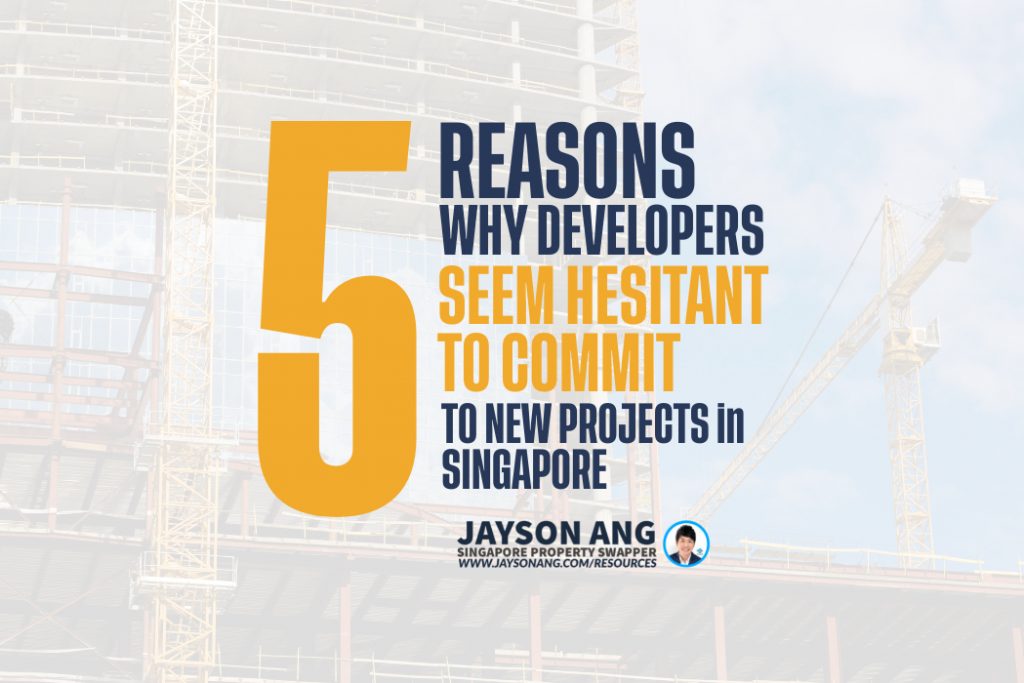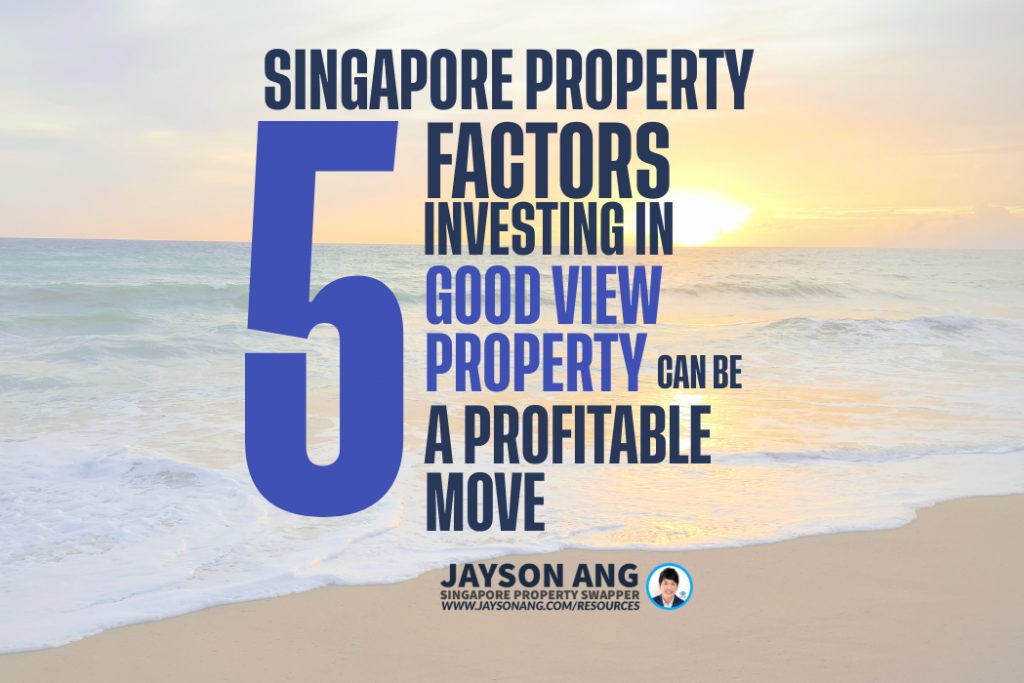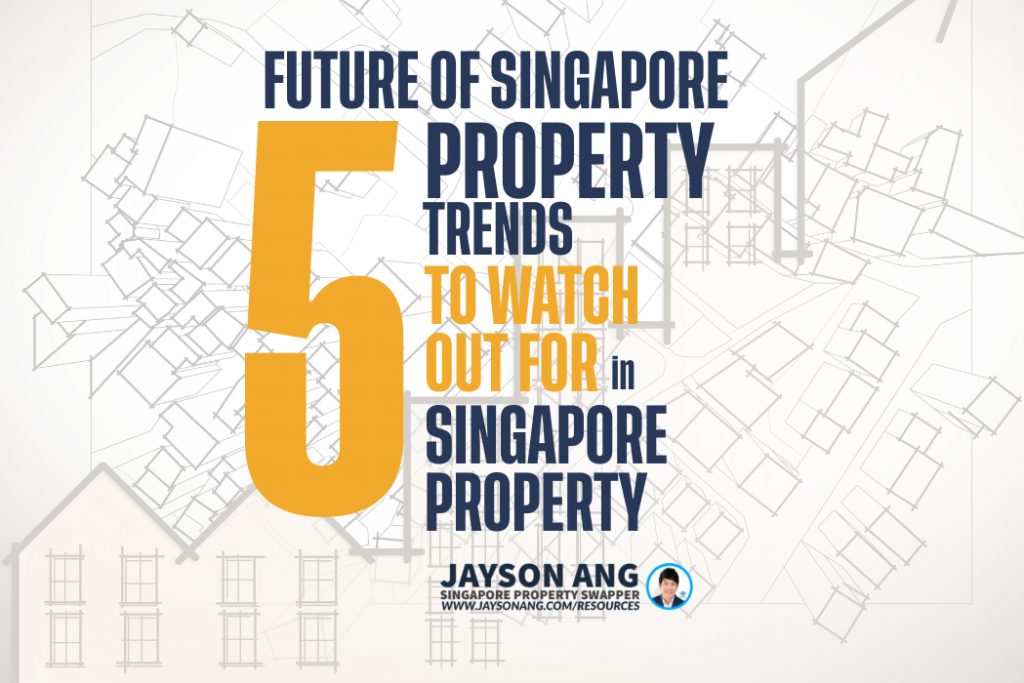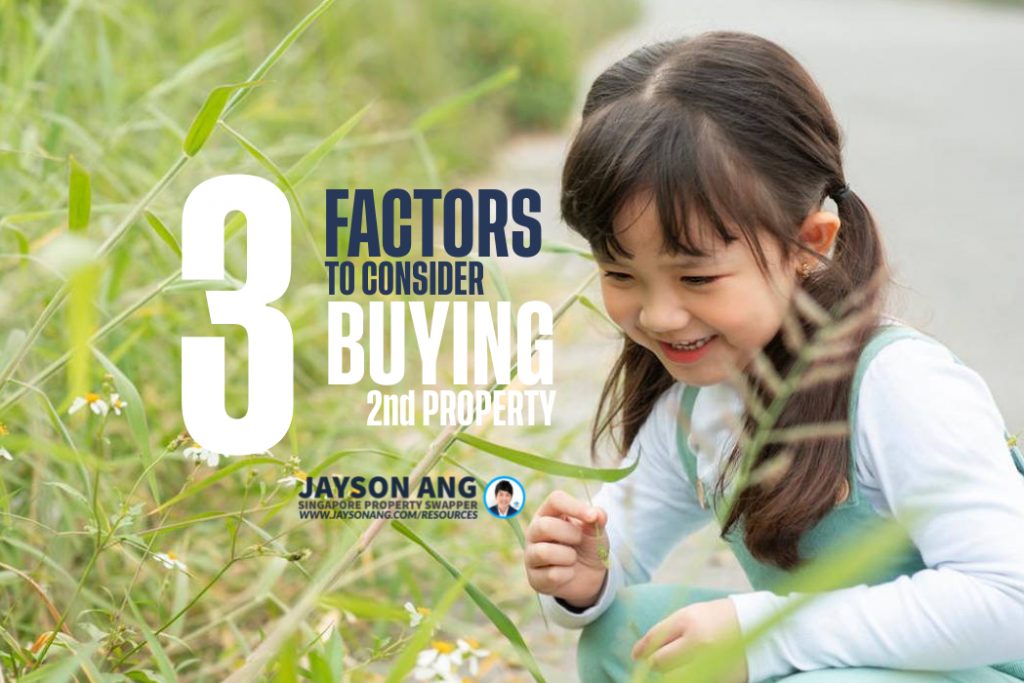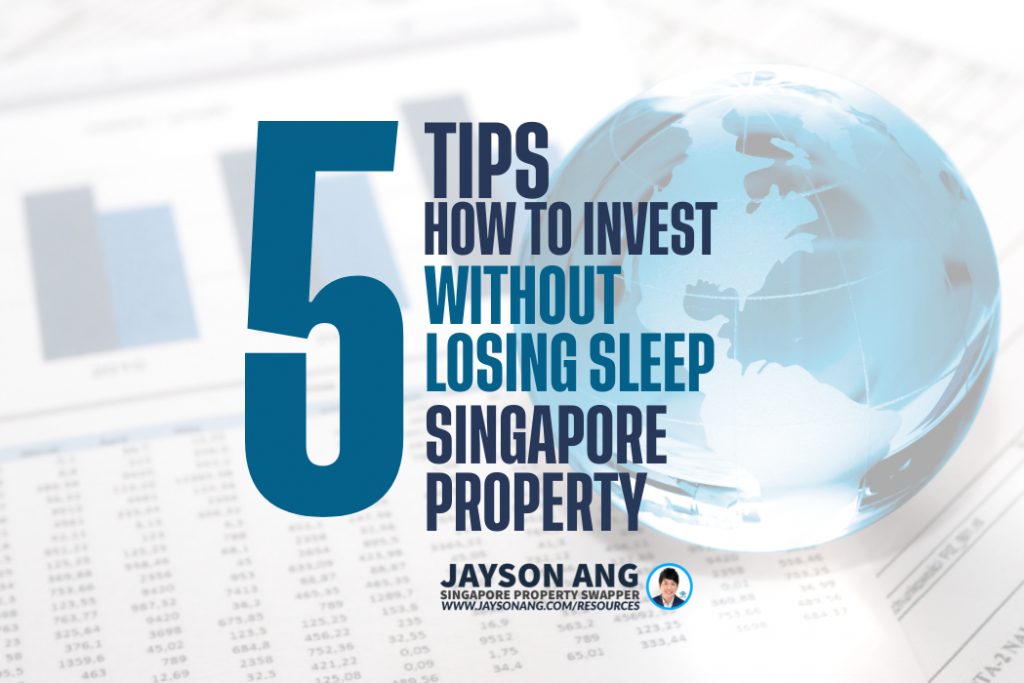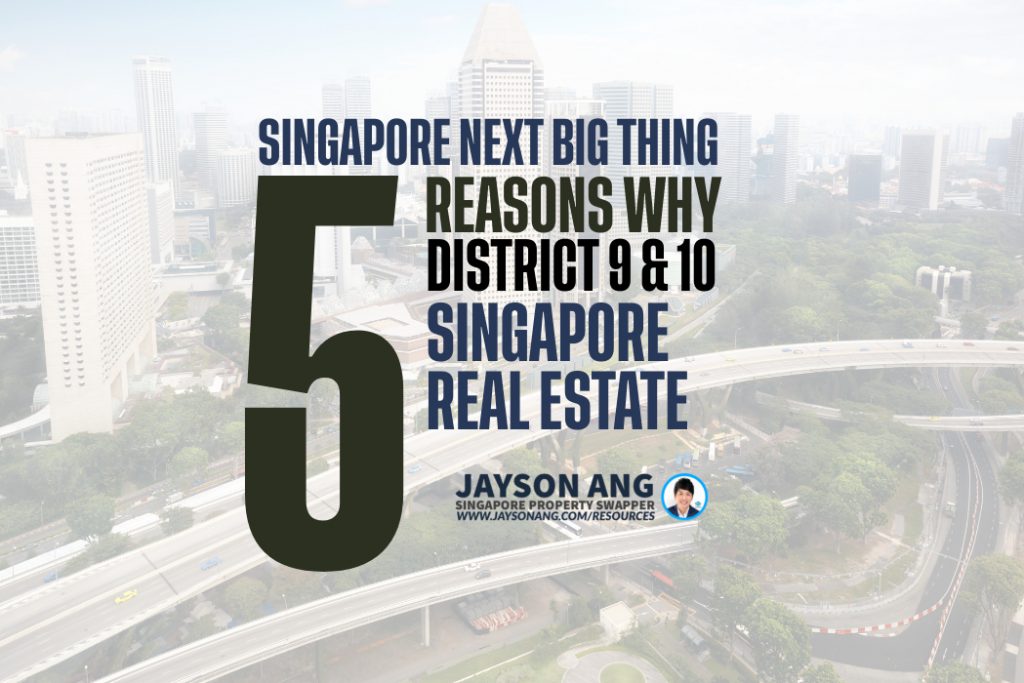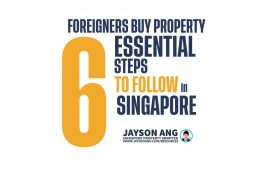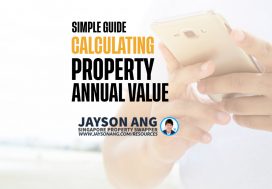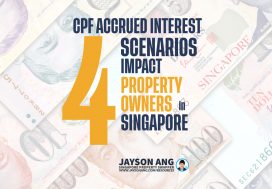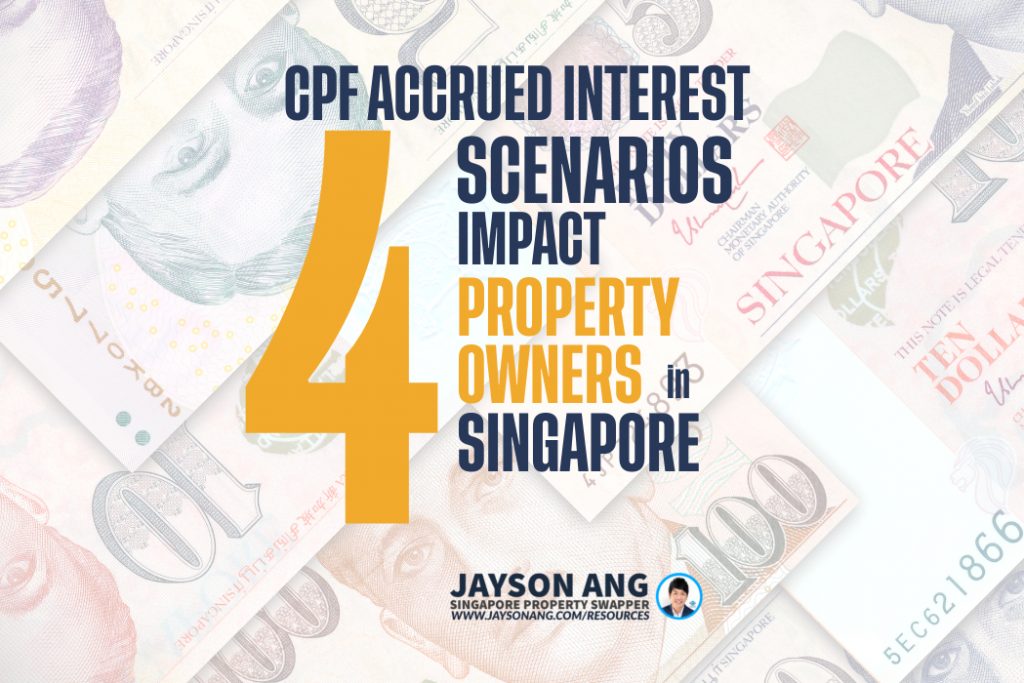TLDR
The housing landscape in Singapore reflects evolving aspirations and desires, especially among the younger generation. Owning private property is a significant life goal for many, with economic progress enabling more individuals to consider private housing as their initial purchase. Despite a majority residing in public housing, there has been a gradual shift towards private housing ownership. As property prices rise, meeting housing needs while balancing land limitations becomes a key challenge. Real estate experts emphasize the need for strategic decision-making in buying or selling property, considering individual circumstances and market dynamics. Various resources provide insights and guidance for navigating Singapore’s real estate market effectively.
The enduring challenge of meeting the housing needs and desires of Singaporeans is a regular subject broached in Parliament. It also routinely serves as a touchstone for dialogues among Singaporeans outside the governmental sphere.
In the case of Mr. Tan Cheng Siong and his wife, when they decided to leave his parent’s three-room apartment and purchased their first home from the Housing and Development Board (HDB) in 1986, their primary driver was the necessity of additional living space.
Mr. Tan, now a 67-year-old executive director and consultant of a financial advisory firm, recalls, “There were just the two of us then, but we foresaw starting a family. Therefore, we opted for the larger executive maisonette.”
Back then, the Tans had to part with a substantial sum of S$111,000 to secure their dream home in Hougang. Nowadays, their property can command between S$830,000 and S$1.2 million in the resale market, judging by the prices of similar maisonettes in the area.
Fast forward nearly forty years, and it is evident that not only have property prices soared in line with Singapore’s swift economic advancement, but so too have the housing expectations and aspirations of the younger generations.
Consider the case of a young entrepreneur, 25-year-old Ng Zhi Jian. In 2021, he sought independence from his parents’ flat and rented a one-room condominium, driven by a yearning for more personal space.
A few weeks back, Mr. Tan made the decision to move back in with his parents; the escalating rent made it a necessity rather than a choice. His previous experience of residing in a privately owned home has impressed upon him a preference for private properties, and he claims that purchasing a public flat is a less likely prospect for him in the future.
Mr. Tan also stated that if the cost of private residences remains beyond his reach, he would consider relocating to a neighboring nation to realize his dream of living in a private home.
Mr. Tan’s aspiration reflects a broader trend among Singaporean youth. The recent release of the TODAY Youth Survey revealed that a significant majority, four out of every five young respondents, view owning a private property as a life goal. Furthermore, six out of ten anticipate surpassing their parents’ housing conditions.
The 2023 edition of the TODAY Youth Survey, conducted in August, gathered responses from 1,000 individuals aged between 18 and 35. This annual survey, now in its third iteration, probes the perspectives of young people on a range of topics including housing, the value of a university education, career progression, wage disparity between blue and white-collar jobs, and civic involvement. The outcomes of this study were disclosed last month.
In conclusion, the findings reiterate the importance Singaporean youth attach to owning private property – eight out of 10 young individuals cited it as a life goal, while six out of 10 expect to surpass their parents in terms of housing conditions.
Economist Tan Wei Ming pointed out that the flourishing housing aspirations of younger generations are simply a reflection of societal affluence. Despite Singapore’s slowing economic growth due to its maturing economy, there has been a 33 per cent increase in median household income over the last ten years, according to official statistics. This has surged from S$7,566 in 2012 to S$10,099 in 2022.
“Economic progress naturally births job opportunities, enabling individuals to aim for higher basic necessities,” said Mr Tan, who serves as an economic consultant at the financial service firm, CGS-CIMB.
During the infancy of nation-building in the 1960s, the drive for homeownership led most people to opt for affordable public housing, Mr Tan recalled.
Currently, despite a still substantial number of residents – approximately 80 per cent – residing in public housing, there has been a gradual decrease in this percentage over the past ten years.
Information from the Singapore Department of Statistics reveals that around 81.6 per cent of inhabitants lived in public housing in 2012. This figure marginally fell to 79.0 per cent in 2017 and further descended to roughly 77.9 per cent last year.
Mr Tan acknowledged that “A rising number of individuals, including first-time buyers, are now able to consider private housing as their initial purchase.”
In its endeavor, the governing body consistently aims to meet escalating demands by elevating public housing standards and its associated amenities. This is done while maintaining housing affordability, using metrics such as house price-to-income ratios and the percentage of monthly income used for mortgage repayments. These ratios remain less than those of international standards.
Addressing the housing needs and dreams of citizens is an enduring consideration, with the subject regularly discussed in parliamentary sessions. Beyond the parliament, it’s a frequent topic of conversation, whether at local cafes, internet discussion boards, or social platforms.
However, what often goes unnoticed are the compromises required when a land-limited urban nation of 719 square kilometers strives to fulfill the housing desires of more than four million inhabitants (from a total populace of 5.92 million).
Given the restricted land area and city-state restrictions, some compromises are inevitable, as economic experts and real estate analysts have underscored.
For instance, allocating more territory for private real estate development would result in less availability for public homes. While a subdued resale market might be beneficial for prospective buyers, it implies that the assets of current homeowners cannot increase in value — which may even affect their retirement plans, considering most citizens finance their homes through their Central Provident Fund (CPF) savings.
Should You Buy, Sell or Wait?
If you’re reading this, you must be trying to figure out the best course of action right now: is it the right time to buy or sell?
It’s difficult to give an exact answer since everyone’s situation is unique and what works for one person may not necessarily work for you.
I can bring you a wealth of on-the-ground experience and a data-driven approach to provide clarity and direction. From beginners to experienced investors, our top-down, objective approach will help you on your real estate journey.
I can help you by:
- Offering Strategic Real Estate Advice – I can help create a comprehensive plan to guide you through your property journey.
- Connecting Your Home with the Perfect Buyers – Through stunning visuals, an effective communication strategy, and an in-depth knowledge of the market, we’ll ensure your home is presented in the best possible way to fulfill your goals.
You May Also Like …



